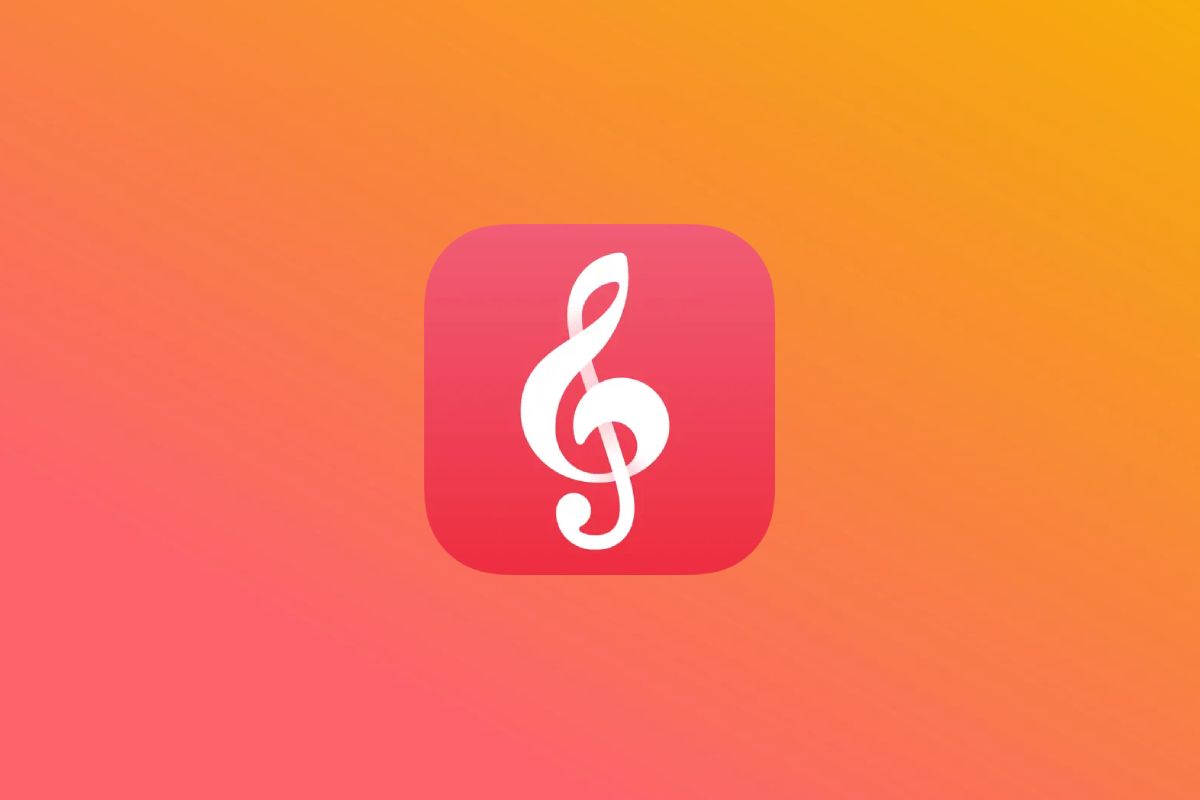Back in August 2021, Apple acquired Primephonic and shut it down. For those unfamiliar, Primephonic was a music streaming service that revolves around the classical genre. The great iPhone maker then promised to release its own dedicated classical music streaming app down the road. The wait is finally over, as Apple Music Classical is now official, and we're here to break down what you need to know.
Pricing and availability
Apple Music Classical is a standalone app that you can download from the App Store. It is available exclusively to iPhone users running iOS 15.4 and later versions as of March 28. So, for the time being, iPad, Mac, Android, and Windows users can't utilize this app. However, Apple explicitly mentions that an Android version of the app is coming soon.
If you're an active Mac or iPad user, then you can hunt for classical music using the Classical app on your iPhone, add them to your library/playlists, then access them from the regular Apple Music app included on macOS and iPadOS. Music you add to your Classical library will appear in the regular Apple Music app on all platforms.
Apple's classical music app requires an Apple Music subscription that isn't the Voice plan. So whether you pay for the Student, Family, or Apple One plan, you will be able to take advantage of Apple Music Classical at no additional cost. Interestingly, the app only works online and doesn't support downloading tracks for offline streaming. So an internet connection is required to use it at all times. Alternatively, you could add your favorite tracks to your library and download them through the regular Apple Music app.
Notably, Apple Music Classical is available worldwide, where Apple Music is supported. However, the company has excluded China, Japan, Korea, Russia, Taiwan, Turkey, Afghanistan, and Pakistan. So if you reside in one of these countries, you won't be able to access the dedicated Apple Music Classical app, even if you have an active Apple Music subscription.
App sections
When you first launch the Apple Music Classical app, you may notice that it looks quite similar to the regular Apple Music app. You get the same Listen Now, Browse, Library, and Search tabs. Notably, though, there's no Radio tab for the time being.
The Listen Now tab offers personalized recommendations based on your play history and personal taste. Meanwhile, Browse includes some of the 700 curated playlists and other recommendations highlighted by the editors. Moving on to Library, you get to view and interact with the tracks you've bookmarked. And lastly, the Search tab is for, well, searching.
Features
When comparing the Apple Music app to its Classical sibling, you may notice that the two offer plenty of similarities. Both apps feature similar Now Playing screens, with dedicated buttons for the queue, AirPlay, volume controls, and a playback scrubber. Expectedly, though, the Apple Music Classical app replaces the Lyrics button with an Info one to view relevant information about the track you're playing and its composer. That's not to mention that Apple Music Classical doesn't offer any shuffle buttons or toggles.
Additionally, both apps allow you to favorite artists to indicate that you're interested in their works. Also, you'll get the same support for hi-res lossless audio playback, which you seemingly can't disable on the Classical app. Despite the common elements, though, you will still notice some different approaches in the classical-focused app.
For example, artist pages focus more on their greatest and most popular releases rather than their latest works. Additionally, you will find some context about a composer and their work when viewing their profile front and center. The app even includes composers' biographies for you to learn more about the artist's history and life.
Apple Music Classical is a great addition to Apple's subscription services. Not only does it cater to classical music experts, but it also is designed for newbies who are interested in this music genre. Nonetheless, it's a shame that you need an iPhone 14 Pro Max or an older model to use it, and we only hope Apple expands it to the iPad and Mac when iPadOS 17 and macOS 14 launch.

Apple Music
Apple Music is Spotify's biggest rival, offering over 100 million songs and 30 thousand curated playlists. The service also supports lossless audio and Dolby Atmos playback on compatible devices.

